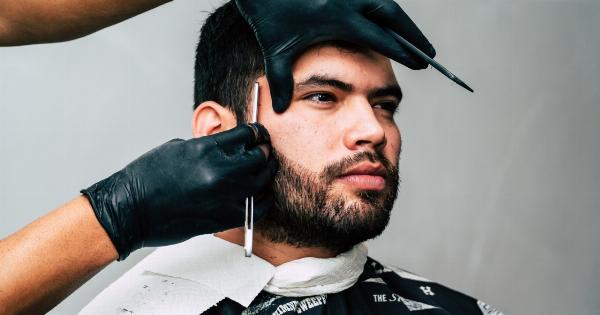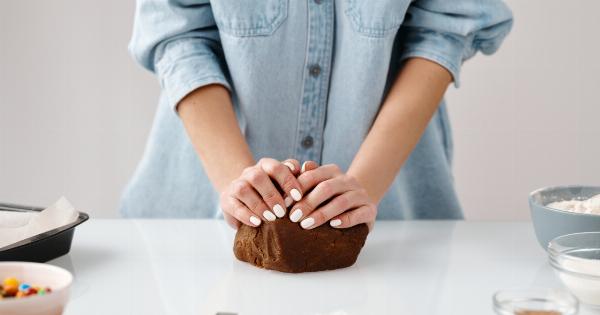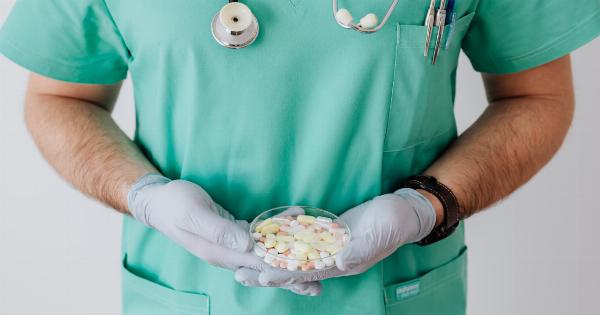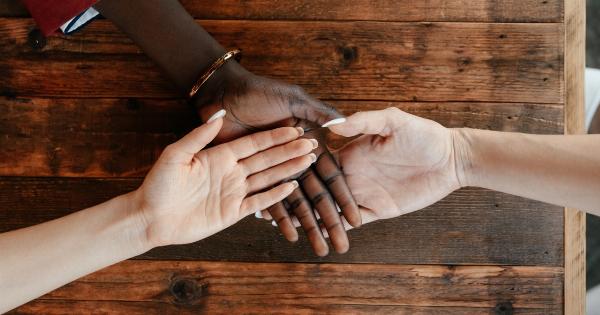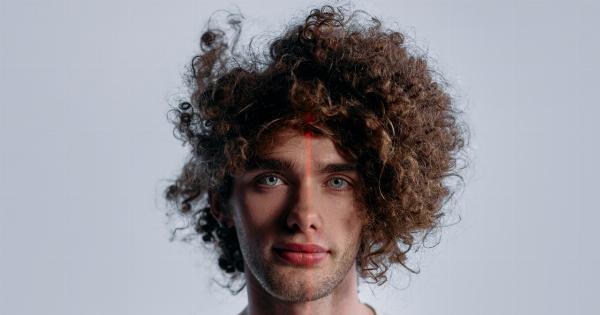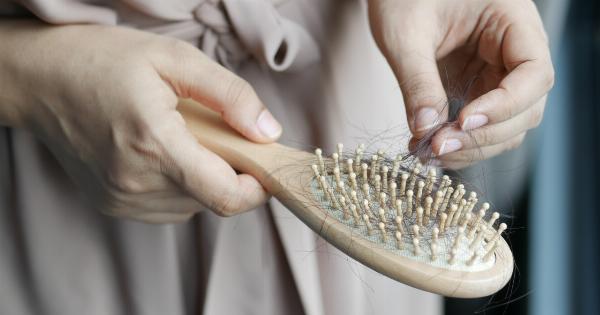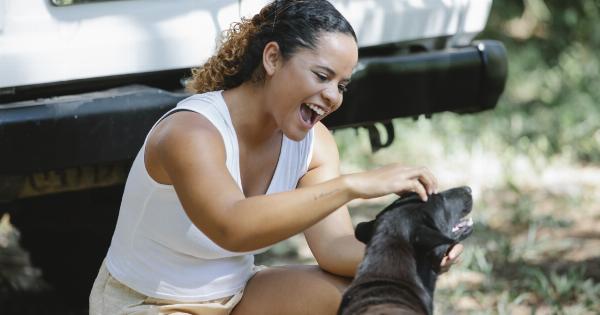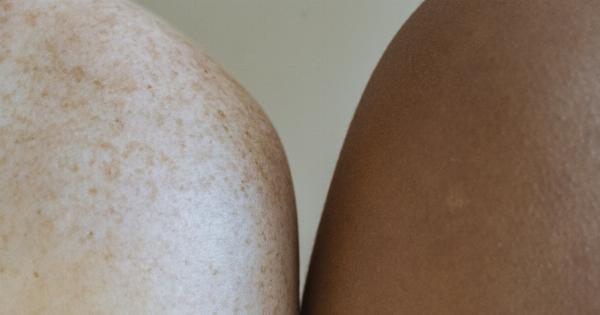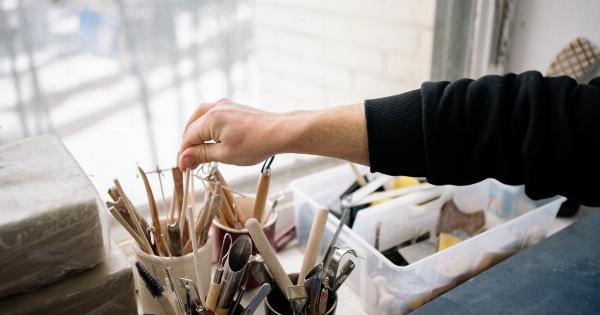Getting a waxing treatment done can be an effective way to remove unwanted hair from your body. Whether it’s your legs, arms, or any other area, waxing provides long-lasting results compared to other temporary hair removal methods.
While most people understand the importance of preparing their skin before a waxing session, many tend to overlook the significance of staying sober before the appointment. In this article, we will explore why it is vital to stay sober before your waxing session and how alcohol and other substances can negatively impact the process.
The Effect of Alcohol on Your Skin
Alcohol consumption can have various effects on your body, including your skin. Alcohol is a vasodilator, meaning it widens the blood vessels and increases blood flow to the skin’s surface.
This elevated blood flow can lead to increased skin sensitivity, making waxing more painful than it needs to be. Additionally, alcohol can dehydrate your body, which can also lead to drier skin. Dry skin can be more susceptible to irritation and damage during the waxing process.
Increased Pain and Discomfort
Waxing inherently involves some level of pain and discomfort. However, consuming alcohol or other substances before your waxing session can intensify these sensations.
As alcohol dilates blood vessels, it heightens sensitivity throughout the body, rendering your skin more sensitive to pain. This heightened sensitivity can make the waxing process more uncomfortable and even unbearable for some individuals.
Decreased Precision and Accuracy
Waxing requires a certain level of precision and accuracy to ensure optimal results. When under the influence of alcohol, your motor skills and coordination may be impaired.
This impairment can make it challenging for your aesthetician to perform the waxing procedure accurately. The risk of uneven hair removal or accidentally damaging your skin increases when you are not in complete control of your body movements.
Risk of Infection and Irritation
Waxing temporarily leaves small openings in the skin, which can potentially lead to infection if not properly cared for. Alcohol weakens the immune system, making it more difficult for your body to fight off potential infection-causing bacteria.
Additionally, alcohol can irritate the skin, causing redness, itching, and inflammation. Irritated skin is more prone to infection, slowing down the healing process and potentially leading to complications.
Slower Healing Process
Following a waxing session, your skin needs time to heal and recover. Alcohol consumption can impede this natural healing process. As mentioned earlier, alcohol dehydrates the body, which can slow down the skin’s natural healing capabilities.
It can also interfere with proper blood circulation, impeding the delivery of essential nutrients to the treated area. By staying sober before your waxing session, you optimize your body’s ability to heal quickly and efficiently.
Reduced Effectiveness and Longevity of Results
One of the primary reasons people choose waxing over other hair removal methods is its longevity. Waxing pulls the hair from the root, resulting in smoother skin that lasts for several weeks.
However, alcohol consumption can decrease the effectiveness and longevity of waxing results. When alcohol dilates the blood vessels, it can stimulate hair growth, leading to hair regrowth sooner than expected. This means that you may need more frequent waxing sessions to maintain the desired results.
Making the Most of Your Waxing Session
To make the most of your waxing session and ensure optimal results, it is essential to stay sober before your appointment.
By doing so, you minimize pain and discomfort, increase precision and accuracy, reduce the risk of infection and skin irritation, speed up the healing process, and prolong the effectiveness of your waxing results.
Remember to communicate openly with your aesthetician before the session. They are professionals who have your best interests in mind. Inform them if you have consumed alcohol or any other substances before your appointment.
They can provide personalized advice and alternatives to ensure a safe and comfortable waxing experience.
Lastly, maintaining good overall skin health is crucial in maximizing the benefits of waxing. Regular exfoliation and moisturizing can help keep your skin in optimal condition, resulting in better waxing outcomes.




